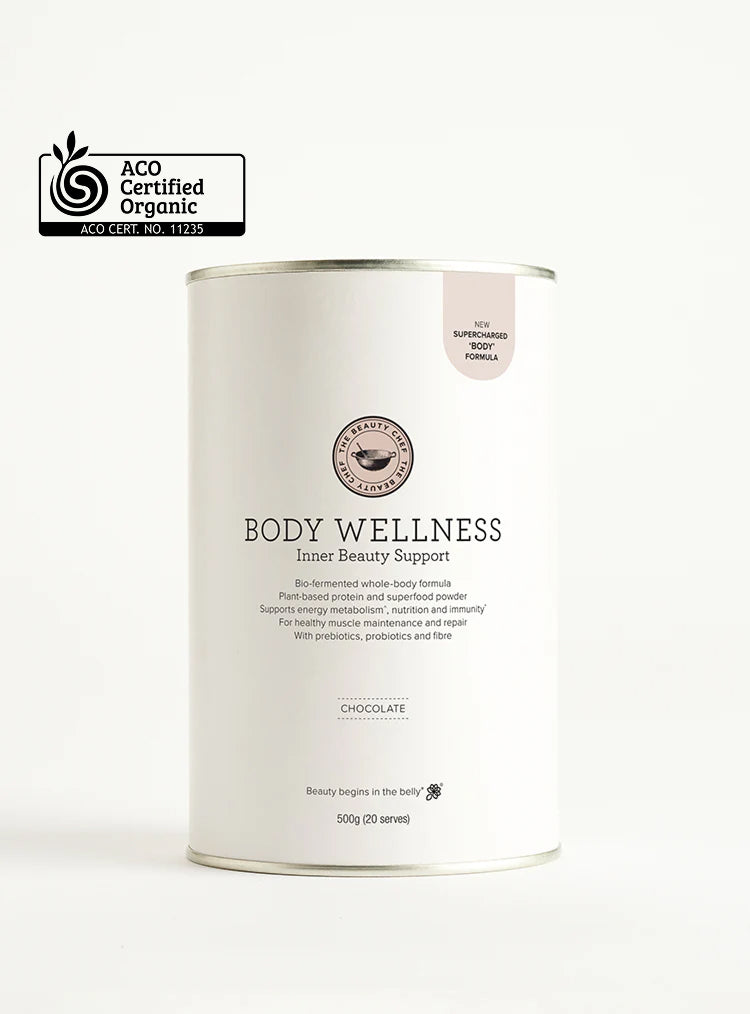
Whether you’re interested in a plant-based lifestyle or are looking for an alternative protein powder to whey and other sources, pea protein is one to have on your radar. Rich in branched-chain amino acids crucial for muscle repair and growth, the plant-based protein not only caters to vegans and vegetarians but also appeals to those seeking a sustainable and allergen-friendly option.
Below, we delve further into the benefits of pea protein and its ability to support healthy muscles while providing a sustainable, plant-powered approach to fitness and nutrition.
What is Pea Protein?
Pea protein is a high-quality plant-based protein renowned for its rich amino acid profile. Extracted from the Pisum sativum legume, this protein powerhouse boasts essential branched-chain amino acids like leucine, isoleucine, and valine, each vital for muscle repair and growth. The isolation process involves milling the peas into flour, mixing it with water to extract the protein, and subsequently drying it into a powdered form.
In recent years, pea protein has surged in popularity due to its impressive nutritional profile. Its completeness as a protein source, coupled with its digestibility and absence of common allergens like soy or dairy, has positioned it as a sought-after alternative for those seeking plant-based protein supplements.
How is Pea Protein Made?
Pea protein is made using a natural and sustainable process that begins by milling dried yellow peas into a fine powder. This powder undergoes a water-based isolation method where the protein is separated from the starch and fibre. The mixture is then hydrated, allowing the protein to dissolve and separate, followed by centrifugation or filtration to remove remaining insoluble components. The resulting liquid undergoes drying, converting it into a concentrated protein powder.
In terms of sustainability, this process requires significantly less water and has a lower environmental impact compared to animal-based protein production methods. As a nitrogen-fixing crop, peas also contribute to soil health by enriching it with nutrients, further enhancing the protein powder’s eco-friendly nature.
Benefits of Pea Protein
Pea protein for muscle growth boasts a rich nutritional profile, abundant in muscle-building amino acids like leucine. It also contains B vitamins, iron, and essential minerals, promoting muscle recovery, aiding metabolism, and supporting overall health and vitality.
1. High Protein Content
Pea protein is approximately 80-85% protein content. This high protein density provides an amino acid profile rich in branched-chain amino acids like leucine, crucial for muscle synthesis and repair. By facilitating the body's ability to rebuild and strengthen muscle fibres after workouts, pea protein becomes an invaluable ally in fostering muscle growth and recovery.
2. Rich in Fibre
Pea protein comes bundled with a notable fibre content, contributing to its digestive benefits. This fibre, which is primarily soluble, aids in nourishing the gut microbiome, fostering a healthier digestive environment. As it moves through the digestive tract, it serves as a prebiotic, fuelling beneficial gut bacteria. This promotes better digestion, absorption of nutrients, and potentially boosts overall immune function.
3. Vegan Friendly
Pea protein is a popular choice for vegans and vegetarians seeking quality protein sources. Derived purely from peas, it embodies a complete protein profile without relying on animal products. Its rich amino acid content, akin to whey protein, supports muscle growth and repair, while its sustainable production and absence of common allergens allow individuals to fulfil their protein needs while staying aligned with their environmental and dietary preferences.
4. Complete Amino Acid Profile
Pea protein is sometimes referred to as a plant-based powerhouse due to its possession of all nine essential amino acids crucial for the body's functions. While most plant proteins lack one or more essential amino acids, pea protein stands out by offering a complete profile, similar to animal-based proteins like whey or casein. This completeness ensures that individuals relying on plant-based diets are provided with the nutrients needed for muscle repair and growth, mirroring the benefits of animal-derived proteins.
Differences between Whey and Pea Protein
Whey protein is derived from milk, while pea protein is sourced from yellow peas—both offering distinct advantages. Whey boasts a complete amino acid profile and is quickly absorbed; ideal for muscle recovery post-workout. However, it contains lactose, which can trigger allergies for those with an intolerance and is unsuitable vegan individuals.
So, what are the benefits of pea protein vs whey? Pea protein also presents a complete amino acid profile but lacks lactose and major allergens, making it gentler on sensitive stomachs and suitable for vegans. Its slower digestion rate might be perceived as a downside for immediate post-exercise recovery, yet its high fibre content aids digestion.
Both have unique benefits; whey offers rapid absorption, while pea protein accommodates various dietary preferences and supports sustainable choices.
Support Muscle Growth With The Beauty Chef’s BODY WELLNESS Inner Beauty Support Pea Protein
The Beauty Chef's BODY WELLNESS Inner Beauty Support is a whole-body formula designed to support muscle growth and overall wellbeing. Made from a blend of sprouted fermented pea protein and enriched with superfoods and hemp, it’s also rich in fibre, probiotics and postbiotics to support digestive health. Choose from a decadent chocolate or delicious vanilla flavour and experience the benefits of this fermented, plant-powered solution.





